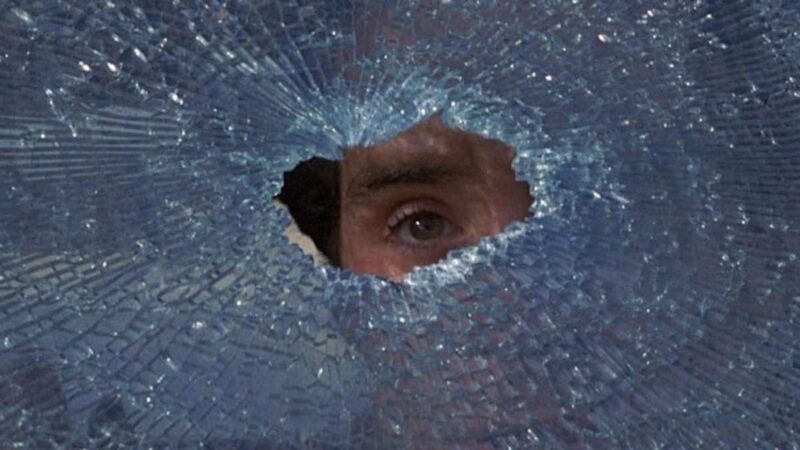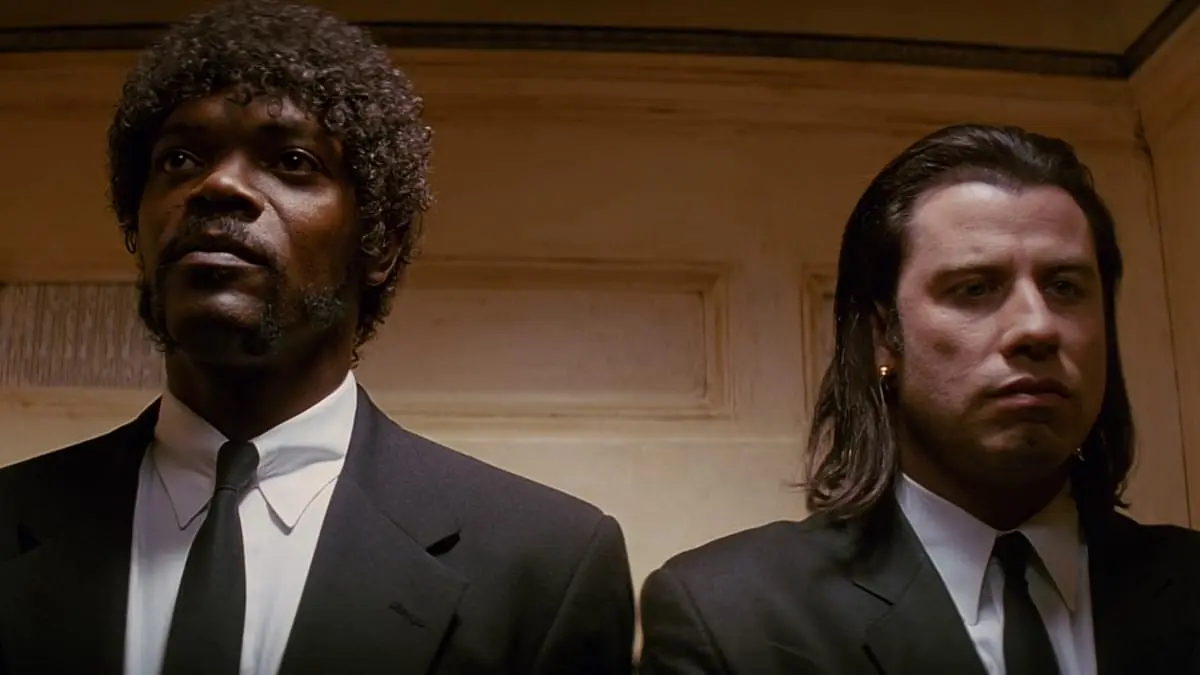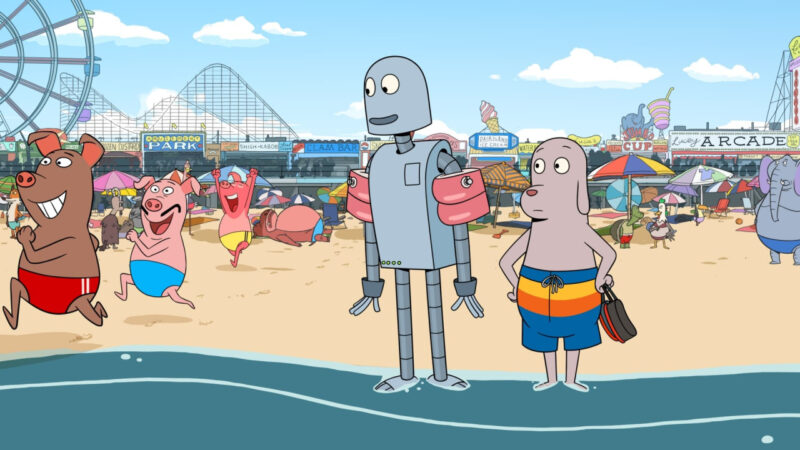The amount of time a movie stays in theaters can vary a lot, depending on several factors that affect its success and longevity. In this analysis, we’ll look at everything from big blockbuster hits to smaller indie films, and we’ll see how changes in distribution strategies are changing how long movies stay in theaters.
How Long Is the Standard Theatrical Run?
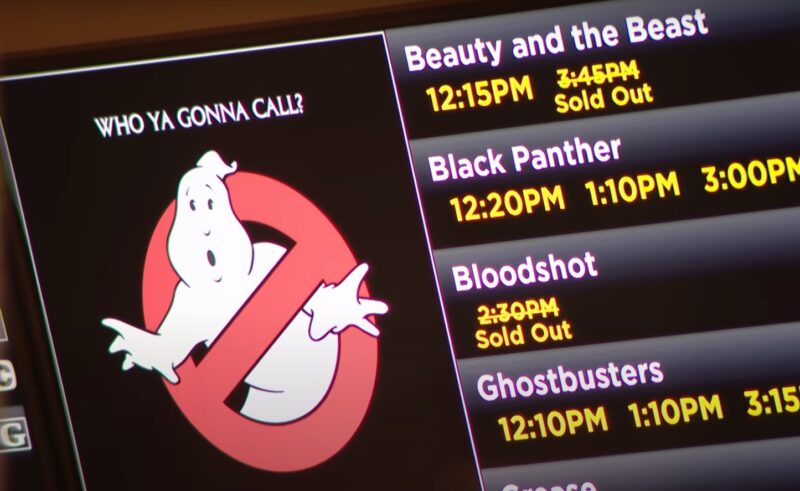
Typically, mainstream movies stay in theaters for around four weeks. This timeframe helps theaters keep things fresh by bringing in new movies regularly, which keeps people coming back.
There are Exceptions
Some films break the mold and stay in theaters much longer than usual. Classics like “The Rocky Horror Picture Show” and “E.T.” have had incredible runs in theaters, lasting years and even decades. These movies show how certain stories and franchises can capture and hold audiences’ interest for a very long time.
| Film Title | Release Year | Genre | Duration in Theaters | Achievements |
|---|---|---|---|---|
| Rocky Horror Picture Show | 1975 | Musical Comedy Horror | Over 2,000 weeks | Longest-running theatrical release in history |
| E.T. the Extra-Terrestrial | 1982 | Sci-Fi Family | 52 weeks | Among the highest-grossing films of all time |
| Star Wars | 1977 | Space Opera | 44 weeks | Spent 44 weeks in the box office top 10 |
| Back to the Future | 1985 | Adventure Comedy | 37 weeks | Became a pop culture phenomenon and spawned two sequels |
| Beverly Hills Cop | 1984 | Action Comedy | 30 weeks | Launched a franchise |
| Titanic | 1997 | Romance Disaster | 54 weeks (378 days) | Broke box office records and won 11 Oscars |
| Avatar | 2009 | Sci-Fi Fantasy | 54 weeks (379 days) | Became the highest-grossing film of all time until 2019 |
| Inception | 2010 | Thriller | 16 weeks | Benefited from positive word of mouth and repeat viewings |
| Frozen | 2013 | Animated Musical Fantasy | 16 weeks | Became the highest-grossing animated film of all time |
| La La Land | 2016 | Musical Romance | 14 weeks | Won six Oscars and was a critical and commercial success |
| Black Panther | 2018 | Superhero | 14 weeks | Became the first superhero film to be nominated for Best Picture at the Oscars and a cultural phenomenon |
What Types of Theater Are There?
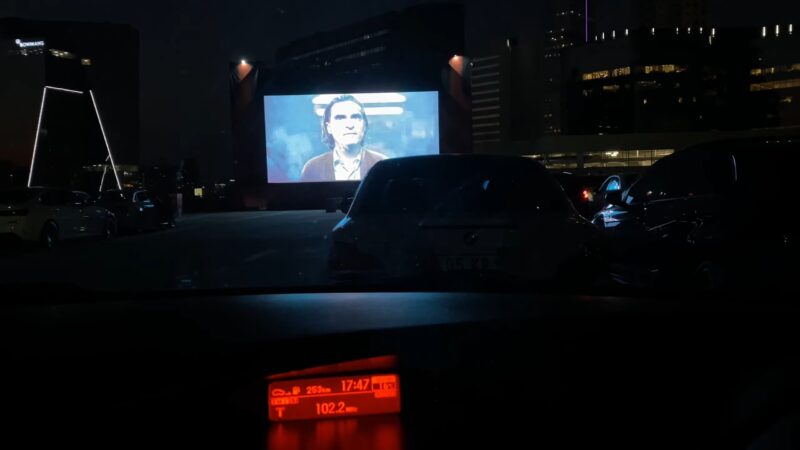
There are a few different types of movie theaters out there:
- Multiplexes: These theaters have several screens, which lets them show a bunch of different movies at the same time. This can mean longer runs for popular films, especially in busy areas.
- Independent and Second-Run Theaters: These places are great for catching films that aren’t in the mainstream. They often keep movies around longer, giving folks a chance to see something different from the usual big hits.
- Drive-Ins: Drive-ins offer a cool, retro way to watch movies and they’re especially fun if you don’t have many around. They can keep both new releases and indie films playing for a longer time.
What is the influence of the digital world?

Online reviews, social media buzz, and opinions from influencers have revamped how movies are marketed and how audiences engage with them.
- Online Reviews: Websites like Rotten Tomatoes have become go-to spots for people to check out a movie’s reputation. Good reviews can help a movie stay in theaters longer by boosting ticket sales, while bad reviews might push studios to pull a movie sooner and release it online to minimize losses.
- Social Media: Platforms like Instagram and Twitter are now key parts of promoting a movie. They help create buzz before a movie comes out. Influencers can also make a film seem more appealing. However, if people start posting negative things about a movie, it can quickly lose steam and get pulled from theaters faster.
- Endorsements: When a well-known celebrity backs a movie, it can draw a big crowd. But just like with social media, if an influencer doesn’t like the movie and says so publicly, it can turn people off and hurt ticket sales.
Final Words
The amount of time films stay in theaters really varies and is shaped by many factors like what audiences are into, how movies are distributed, and the rise of digital platforms. Most mainstream movies usually play for about four weeks, but there are always exceptions, and indie films often follow their own rules.



